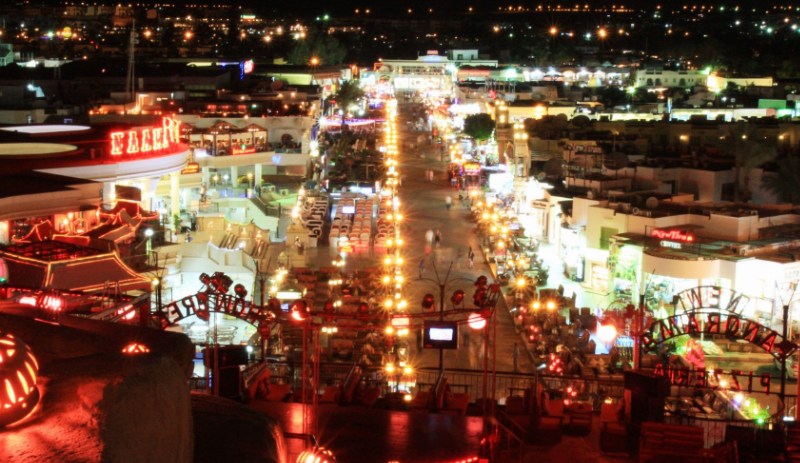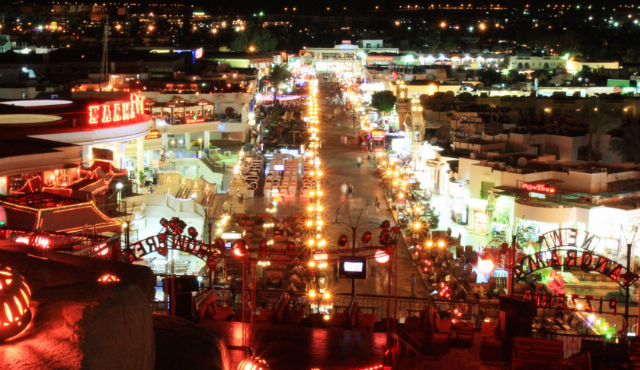


Somewhere in Sharm el-Sheikh this week, there must have been a sukkah.
How could there not be? Jared Kushner and Steve Witkoff — two Jewish figures with deep ties to Israel — were there, reportedly negotiating a deal that could end this war and bring the hostages home. It’s Sukkot, the holiday of temporary shelters, faith, and fragility. In a year where the world’s most fragile peace hangs in the balance, the symbolism writes itself.
Jews have been building sukkot for thousands of years to remember that our protection ultimately doesn’t come from walls, but from above. Yet this Sukkot, the walls that matter most aren’t made of wood and palm branches; they’re the barriers and tunnels that separate hundreds of hostages from their families, and an entire region from peace.
If you told me last year that there would be a sukkah standing in Egypt — built not for tourism or symbolism, but near the table where real negotiations for the hostages are happening — I might have laughed. But here we are.
The Tent of Temporary Peace
Kushner, a former White House senior adviser, and Witkoff, a seasoned developer and philanthropist, aren’t career diplomats. But maybe that’s exactly what makes their presence matter. This is a deal not born in sterile conference rooms in Geneva, but in a region that has known both miracles and massacres.
Hamas, we’re told, has “conditionally agreed.” That phrase — like “trust me” in a poker game — should give everyone pause. As I’ve written before, Hamas is the master of the “yes, but.”
Yes, they’ll take a deal — but only after moving the goalposts.
Yes, they’ll release hostages — but not all, and not now.
Yes, they’ll stop firing rockets — but only if Israel stops defending itself.
It’s a cycle the world has seen on repeat since 2005, and yet somehow, we keep pretending this time will be different.
Faith Amid Fragility
The irony isn’t lost on anyone that these talks are happening during Sukkot — the very holiday that teaches us how fleeting safety can be, how temporary structures can still hold eternal meaning. Every family sitting in a sukkah this week knows the lesson: We can’t control the wind, but we can choose how we stand in it.
And maybe, just maybe, the sukkah in Sharm el-Sheikh — if it indeed exists — is a metaphor for what this entire moment could be: a fragile shelter of faith erected in a desert of distrust.
The Torah tells us that the sukkah is meant to remind future generations how God protected the Israelites in the wilderness. Today, we pray that those protections extend to every hostage still in captivity, to every soldier standing watch, and to every innocent family praying for peace.
The Endgame
If this deal — brokered in a Red Sea resort — can bring about even one lasting step toward resolution, then perhaps it’s fitting that it happened during Sukkot.
Because that’s what this holiday is about: stepping outside our permanent homes and realizing how little in this world truly is.
Still, we’d be naïve to forget that for Hamas, every “yes” hides a “but.” Every agreement comes wrapped in a trapdoor.
The world must hold them accountable this time.
We can’t let another round of diplomatic theater end with more funerals and more broken families.
So yes — there’s probably a sukkah in Sharm el-Sheikh this year.
Let’s pray that when it’s taken down at week’s end, it will symbolize not another temporary peace, but the beginning of something lasting: a world where hostages come home and the desert finally knows calm.

Image: Sharm el-Sheikh at night. Credit: Cosimo Padula via Wikimedia Commons, CC BY 2.0 (cropped).
